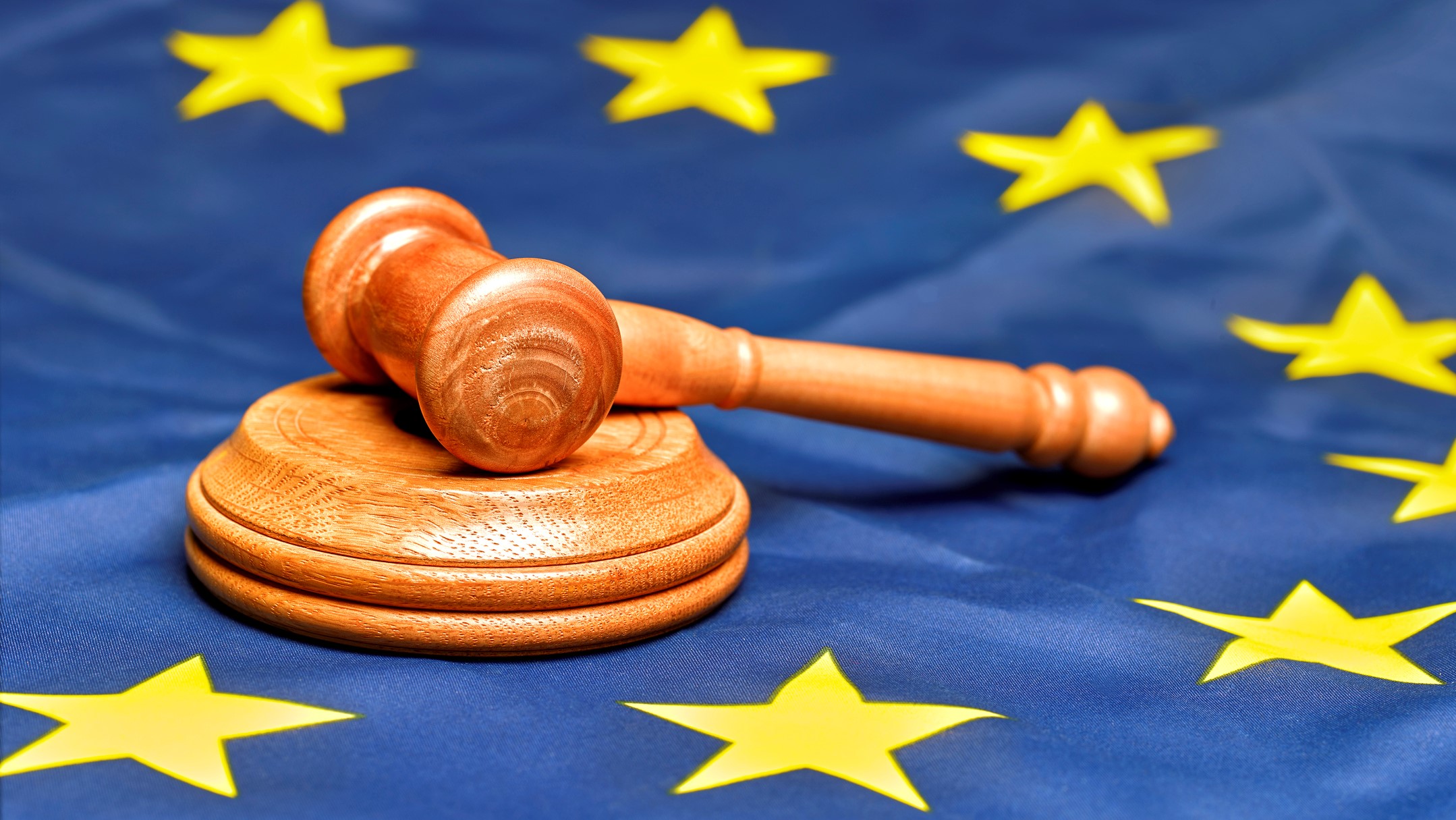
The deal still faces hurdles in the UK and US, but this is a big boost for Microsoft.
EU regulators have approved Microsoft’s $68.7 billion acquisition of Activision Blizzard, mere weeks after the UK’s Competition and Markets Authority (CMA) blocked the deal. The European Commission noted various concerns about the takeover but accepted commitments from Microsoft that, it said, adequately addressed areas like cloud gaming.
The news will delight suits at both companies (who were spitting feathers after the CMA decision) after they spent months trying to assuage any doubts. The European Commission report says Microsoft’s “commitments fully address the competition concerns identified by the Commission and represent a significant improvement for cloud gaming as compared to the current situation”.
The Commission says an in-depth investigation concluded “Microsoft would not be able to harm rival consoles and rival multi-game subscription services” should the deal conclude, though could potentially “harm competition in the distribution of games via cloud game streaming services” and strengthen its position in the market for PC operating systems (where, outside of Apple devices, Microsoft arguably already has a monopoly).
The report says, somewhat optimistically, that there would be “no incentive” for Microsoft to refuse to distribute Activision Blizzard games on Sony consoles, noting that PlayStation outsells Xbox four-to-one in Europe. It adds that, even should Microsoft decide to do so, “this would not significantly harm competition in the consoles market”.
It was much more concerned about the potential harm in cloud gaming, and says that to address its concerns Microsoft offered the following commitments, all with a 10-year duration:
A free license to consumers in the EEA that would allow them to stream, via any cloud game streaming services of their choice, all current and future Activision Blizzard PC and console games for which they have a license.A corresponding free license to cloud game streaming service providers to allow EEA-based gamers to stream any [of] Activision Blizzard’s PC and console games.
The EU reckons these licenses, which give EU players the right to stream Activision Blizzard games they own on any cloud service of their choice on any device using any operating system, “fully address” the concerns, and “represent a significant improvement for cloud game streaming compared to the current situation”.
The Commission did collect industry views on whether the above remedies were good enough and, amazingly enough, “cloud game streaming service providers gave positive feedback and showed interest in the licenses”. Microsoft has been going around handing out these 10 year-deals like candy and it’s a strategy that, in this case at least, has worked well. The decision is conditional on these commitments being honored, and an independent trustee will be appointed to monitor that they are.
So it’s champagne all round in Redmond this evening, with one of the biggest hurdles to the deal now cleared. It remains to be seen whether the EU’s decision will have any impact on what goes on in the UK with the CMA, but it will certainly provide ample ammunition for the Microsoft and Activision Blizzard lawyers as they embark on the appeals process (which will take months and could see the deal re-referred to the CMA). Meanwhile in the US Microsoft faces a lawsuit brought by the US Federal Trade Commission, which is still in the discovery stage, that will rumble on.
The EU joins a growing list of regulators to wave the deal through, with it gaining approval in Brazil, Chile, Japan, Saudi Arabia, Serbia, and South Africa. Elsewhere in the world, the deal is still being reviewed by regulators in Australia, China, New Zealand, and South Korea.
“Video games attract billions of users all over the world,” said Margrethe Vestager, Executive Vice-President in charge of EU competition policy. “In such a fast-growing and dynamic industry, it is crucial to protect competition and innovation. Our decision represents an important step in this direction, by bringing Activision’s popular games to many more devices and consumers than before thanks to cloud game streaming.”






